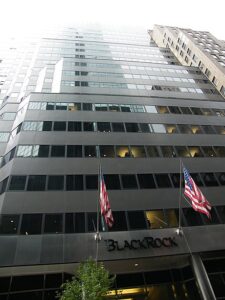 RICARDO VALADEZ, CARTER DOUGHERTY, carter@ourfinancialsecurity.
RICARDO VALADEZ, CARTER DOUGHERTY, carter@ourfinancialsecurity.
Valadez is private equity campaign manager at Americans for Financial Reform and Dougherty is communications director for the organization.
The group just put out a statement: “Wall Street private equity is sometimes called the ‘billionaire factory,’ but that doesn’t stop these already-rich folks from trying to get their hands on taxpayer money. When the COVID-19 pandemic began, private equity lined up to get money from CARES Act — and succeeded. Then, only strong public pressure kept it out of the Biden rescue legislation. More recently, only fighting by Democrats and progressives kept them out of the bipartisan infrastructure bill.
“Now private equity is going to try to feed at the public trough again in the coming infrastructure legislation that Democrats want to pass via reconciliation. That will be yet another fight with Wall Street in the fall, even as progressive lawmakers prepare for a broad reform of private equity known as the Stop Wall Street Looting Act.
“Private equity (they used to be called leveraged buyouts) is a nasty Wall Street invention whose influence has exploded in the last decade. They buy profitable companies, mostly with debt that the company has to pay back. They sell off valuable assets, lay off workers, create business disasters, and too often, bankruptcies. Payless Shoes and Toys ‘R’ Us both went belly up at the hands of private equity. Solarwinds, the firm behind the massive hack of U.S. government agencies, was also private equity’s work. Take a look at this two-minute video from AFR to learn more.”



